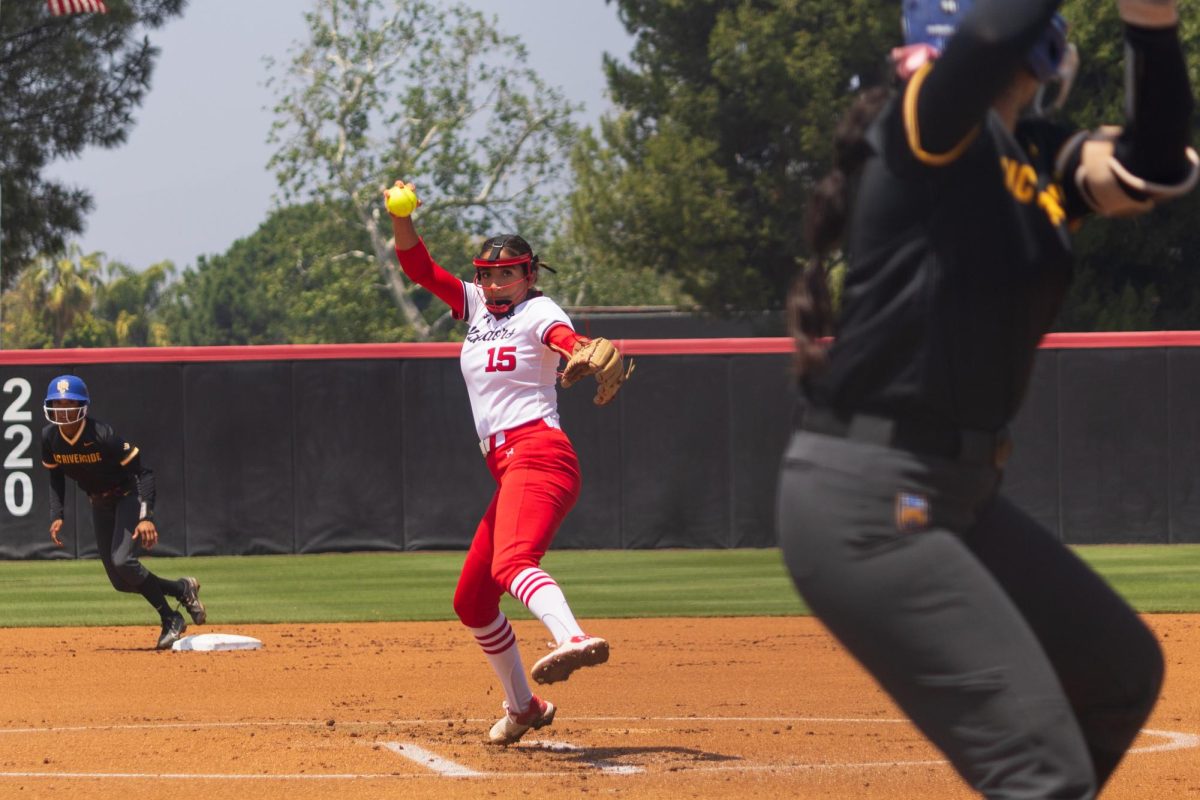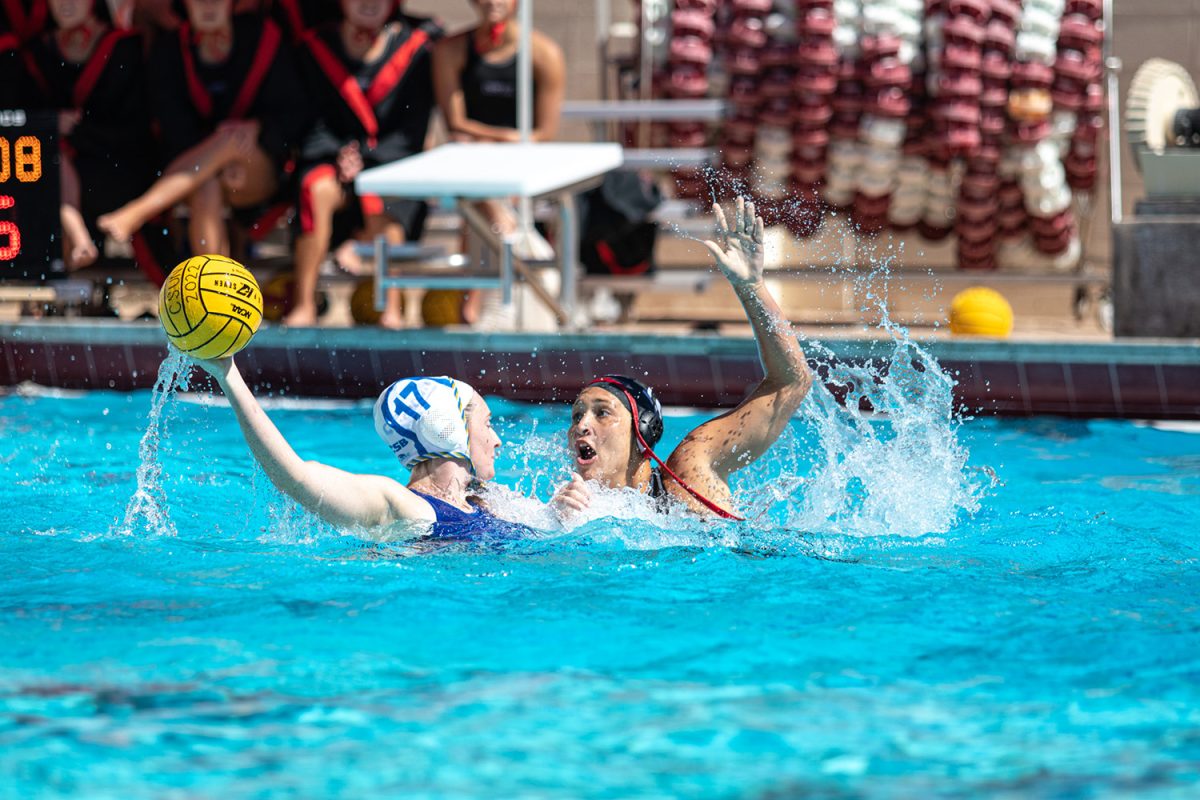On November 8, the state of California voted yes on the legalization for recreational marijuana use for individuals 21 years of age or older, and with this comes the question of how college athletic departments will address this consent.
The NCAA website’s most recent information on the 2016-2017 Banned Drugs List still includes marijuana, despite the fact that cannabis is now legalized for recreational use in seven states and for medical use in 28 states. The website categorizes marijuana under “street drugs” along with heroin, tetrahydrocannabinol (THC) and synthetic cannabinoids.
Nonetheless, the legalization of recreational marijuana use is not an indication of a more accepted stance on athletes consuming the drug or a change in the established policies.
Professor David Leitch, who is teaching a class on sports and politics at CSUN stated, “I don’t think rules would have to change. The NCAA can have more stringent requirements than those required by law.”
He went on to note that the NCAA’s policy on marijuana is only implemented during championships. The rest of the season’s management of marijuana use by athletes is dictated by individual schools.
Opponents of marijuana use for athletes includes the International Olympic Commitee (IOC) and the World Anti Doping Agency, although the agencies appear more lenient to marijuana use as opposed to other drugs. They prohibit marijuana in athletes if the urine tests come back with a quantity larger than 15 ng/ml.
Marijuana has generally been thought to cause athletes to have lower performance.
A research report released by University of Washington’s Alcohol and Drug Abuse Institute stated, “this would result in greater difficulty for athletes to intake sufficient oxygen for peak performance. Further, marijuana use would result in reduced sport performance through slowed reaction time, problems of motor coordination, problems of hand-eye coordination, and problems of perceptual accuracy. It is apparent that the use of marijuana could be potentially dangerous in sports that rely on quick reactions and fast decision-making.”
CSUN’s athletic department aims to ensure that student athletes are making choices that will reflect positively on their mental and physical well-being.
CSUN’s associate athletic director Ryan Swartwood states, “regardless of the passage of Proposition 64, we expect student-athletes to continue to make choices in the best interest of their health and abstain from any substances which can have a negative impact on their fitness and well being.”






